T4K3.news
Gaza offensive defended by Netanyahu
Netanyahu defends a Gaza offensive amid international scrutiny as hundreds seek aid and hostage families voice concern.
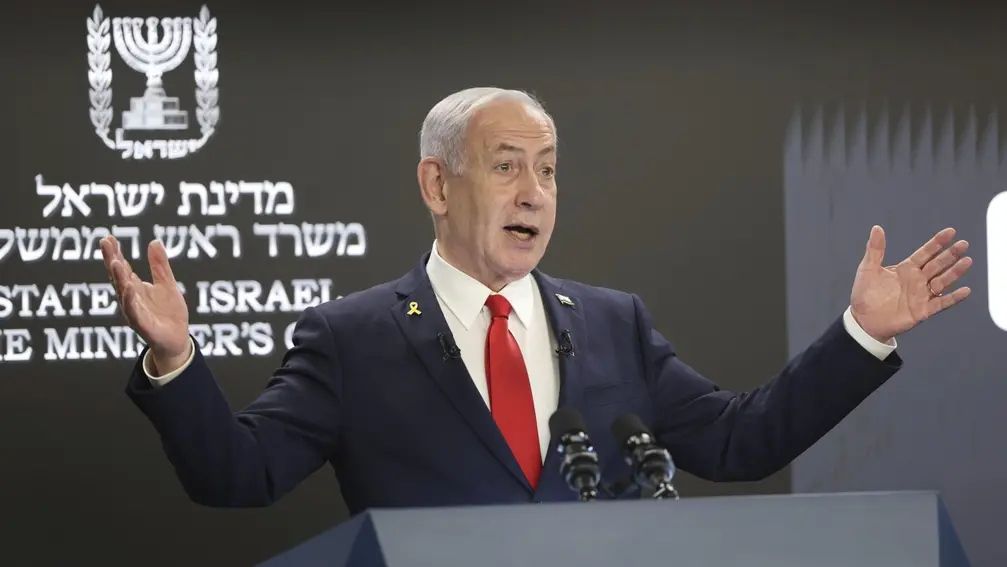
Netanyahu casts a Gaza push as necessary while facing growing criticism at home and abroad, framing the move as a step to defeat Hamas.
Netanyahu Defends Gaza Offensive Amid Global Pressure
JERUSALEM AP. Israeli Prime Minister Benjamin Netanyahu on Sunday defended a new military offensive in one of Gaza's most populated areas amid growing condemnation at home and abroad, declaring that Israel 'has no choice but to finish the job and complete the defeat of Hamas.' He spoke to foreign media moments before an emergency meeting of the United Nations Security Council on Gaza. Netanyahu said he has directed Israel's military to 'bring in more foreign journalists', a move that would mark a departure from the past 22 months of war, when access has been tightly controlled. 'Our goal is not to occupy Gaza, our goal is to free Gaza,' he asserted. He pushed back against what he called a 'global campaign of lies' and said Germany's Chancellor Friedrich Merz had 'buckled under' by delaying arms exports that could be used in Gaza until further notice.
Key Takeaways
"Our goal is not to occupy Gaza, our goal is to free Gaza"
Netanyahu states the stated aim of the operation
"There was a problem with deprivation, no question about it"
Acknowledgment of hunger issues in Gaza
"Hamas still has thousands of armed terrorists in Gaza"
Netanyahu blames Hamas for security issues
"The decision to send the army deeper into Gaza is a danger to my husband"
Hostage families protest and press for action
Netanyahu frames the operation as a strategic milestone, yet the language reveals a careful balance between security aims and political messaging. The pledge to 'free Gaza' sits alongside a plan for a short timetable and a demand for non Israeli civilian administration in Gaza, which signals a long term, disputed political project. The opposition between defeating Hamas and protecting civilians underscores a broader dilemma: how to reconcile military aims with urgent humanitarian needs and international scrutiny. The domestic pressure from families of hostages and rising casualties adds another layer, showing that security decisions are judged not only on battlefield outcomes but on their impact on lives across Gaza and in Israel.
Highlights
- Our goal is not to occupy Gaza our goal is to free Gaza
- There was a problem with deprivation no question about it
- Hamas still has thousands of armed terrorists in Gaza
- The decision to send the army deeper into Gaza is a danger to my husband
Escalating conflict heightens risk to civilians and public backlash
The discourse around a deepening Gaza offensive and increased civilian casualties raises political and humanitarian risks, including potential domestic protests, international condemnation, and disruption of aid networks.
The next moves will reveal whether security goals can be pursued without deepening humanitarian crises.
Enjoyed this? Let your friends know!
Related News
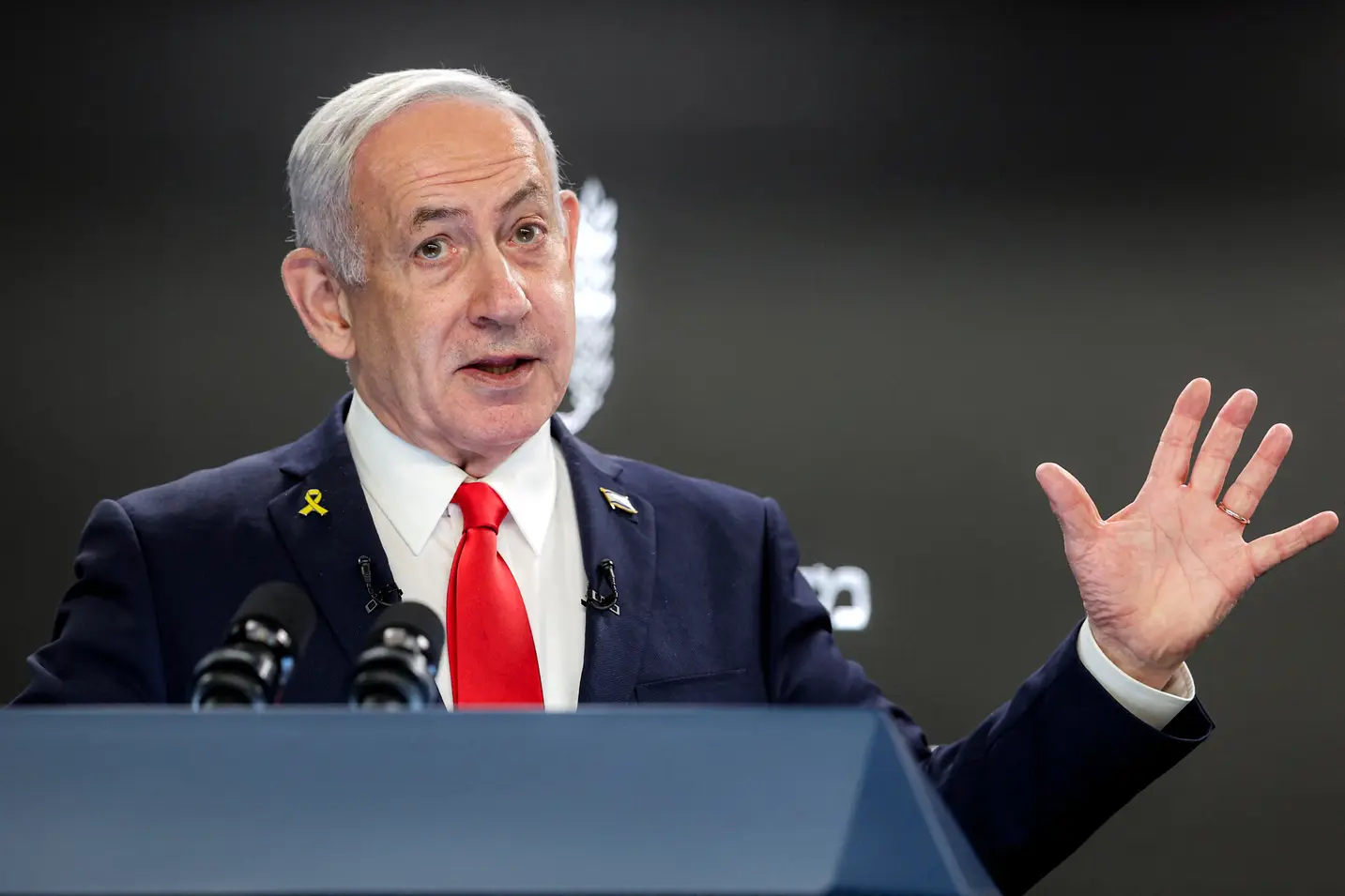
Netanyahu defends Gaza policy amid genocide accusations
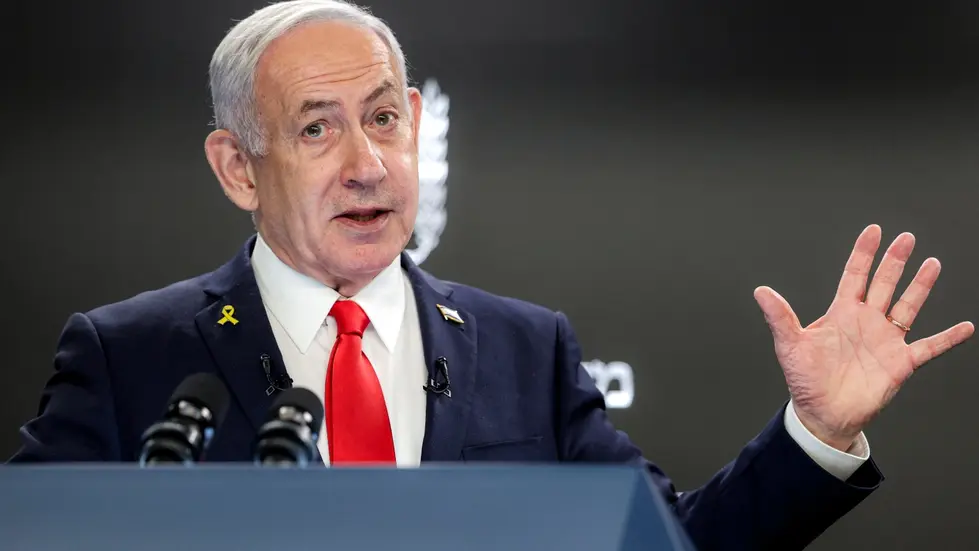
Gaza City plan faces global backlash
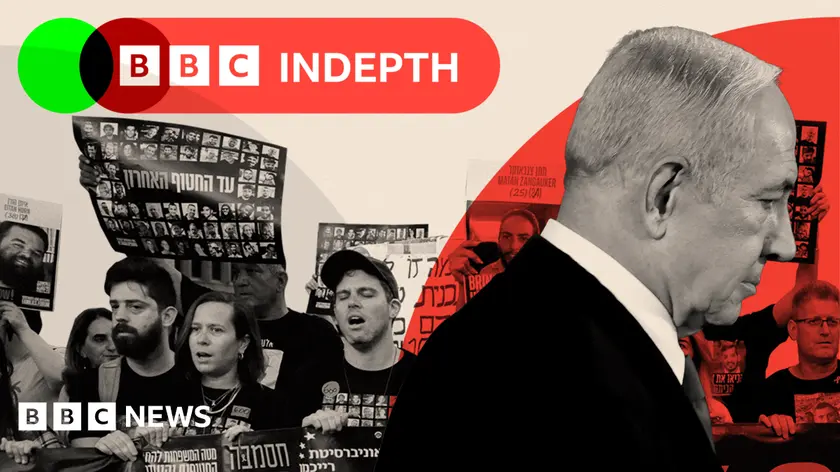
Netanyahu Gaza war rhetoric deepens divides
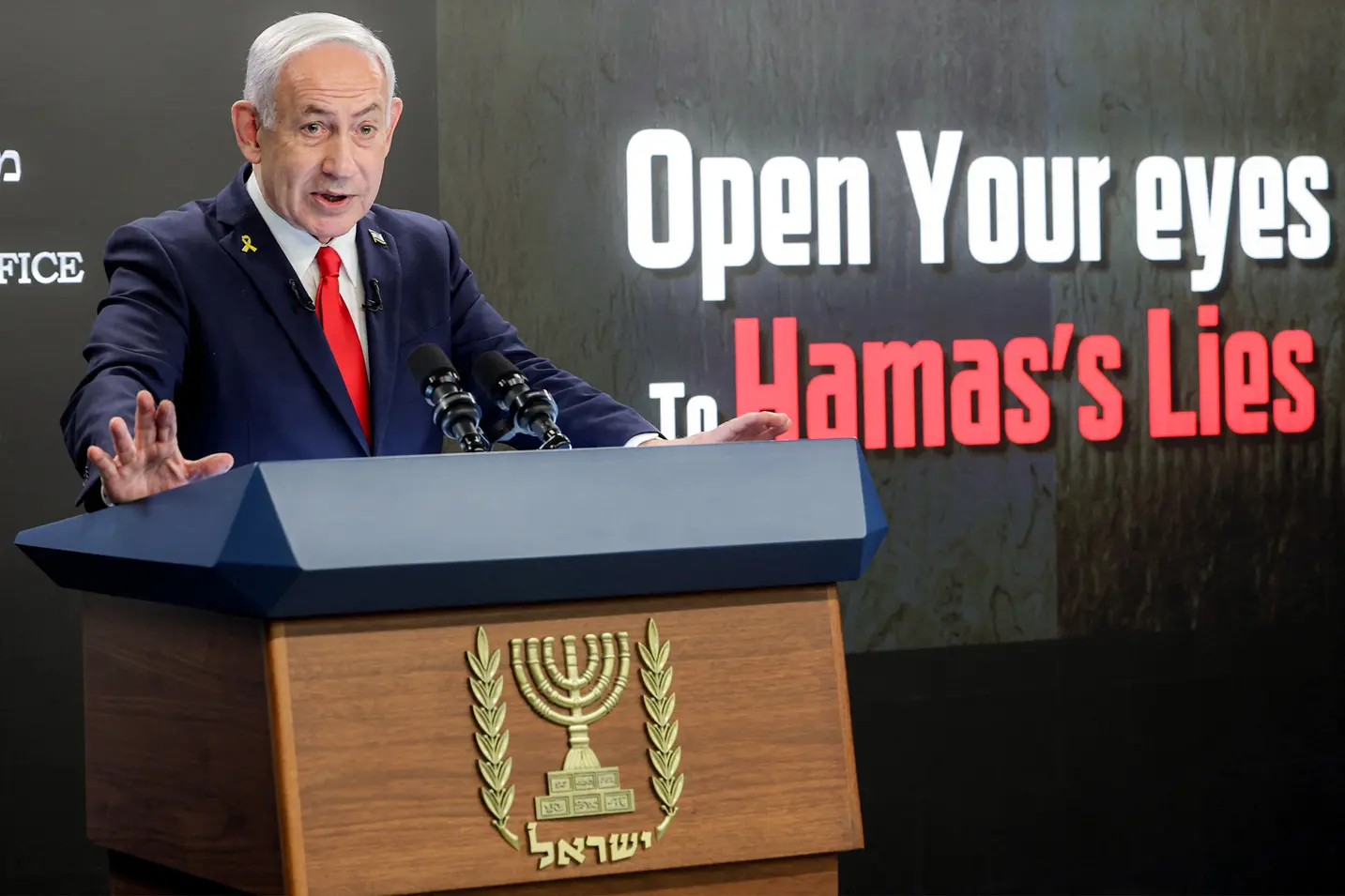
Israel outlines plan to free Gaza from Hamas
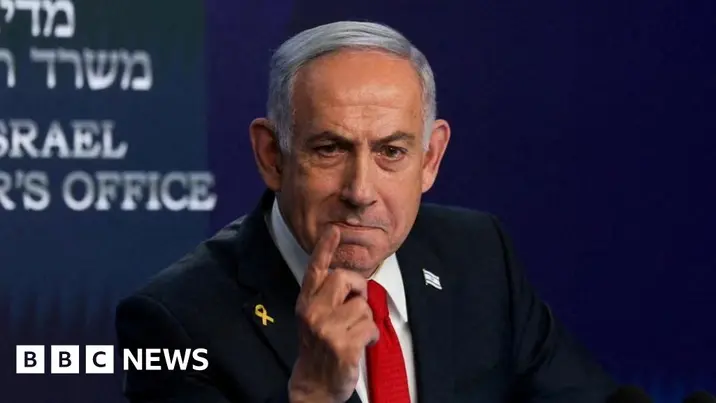
Netanyahu's plan to occupy Gaza faces backlash
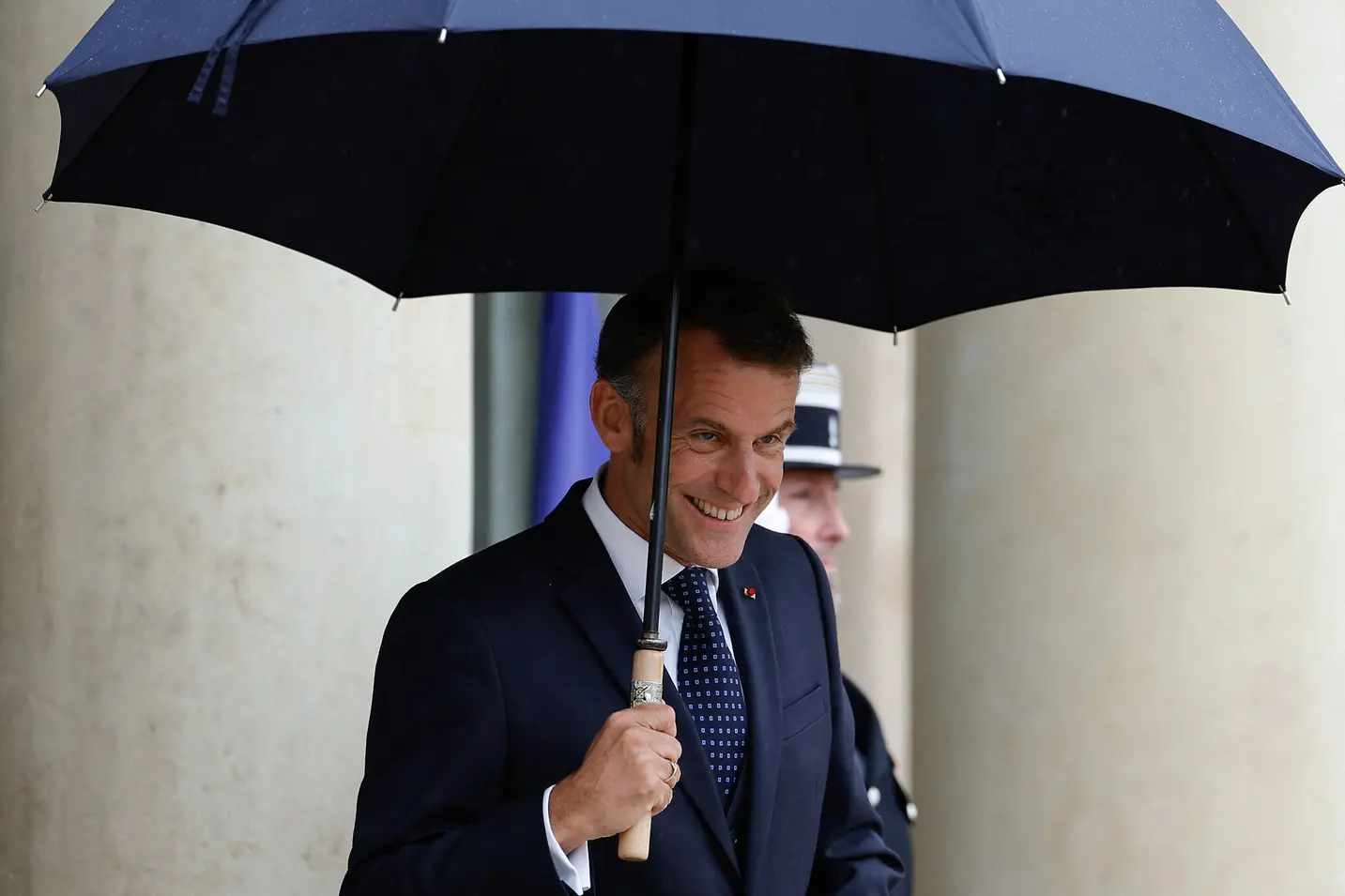
Diplomatic tensions rise over Gaza plan
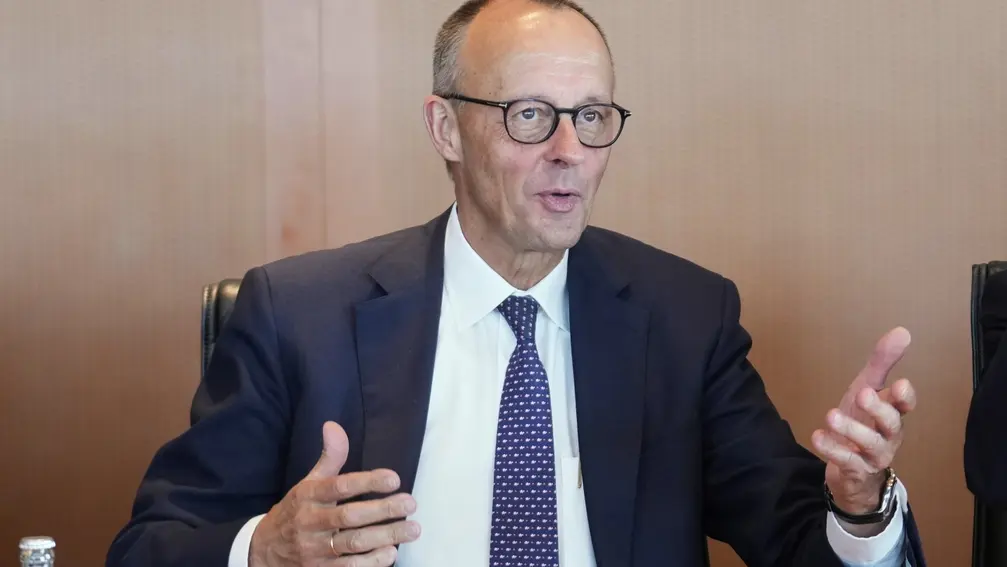
Germany pauses arms exports to Israel
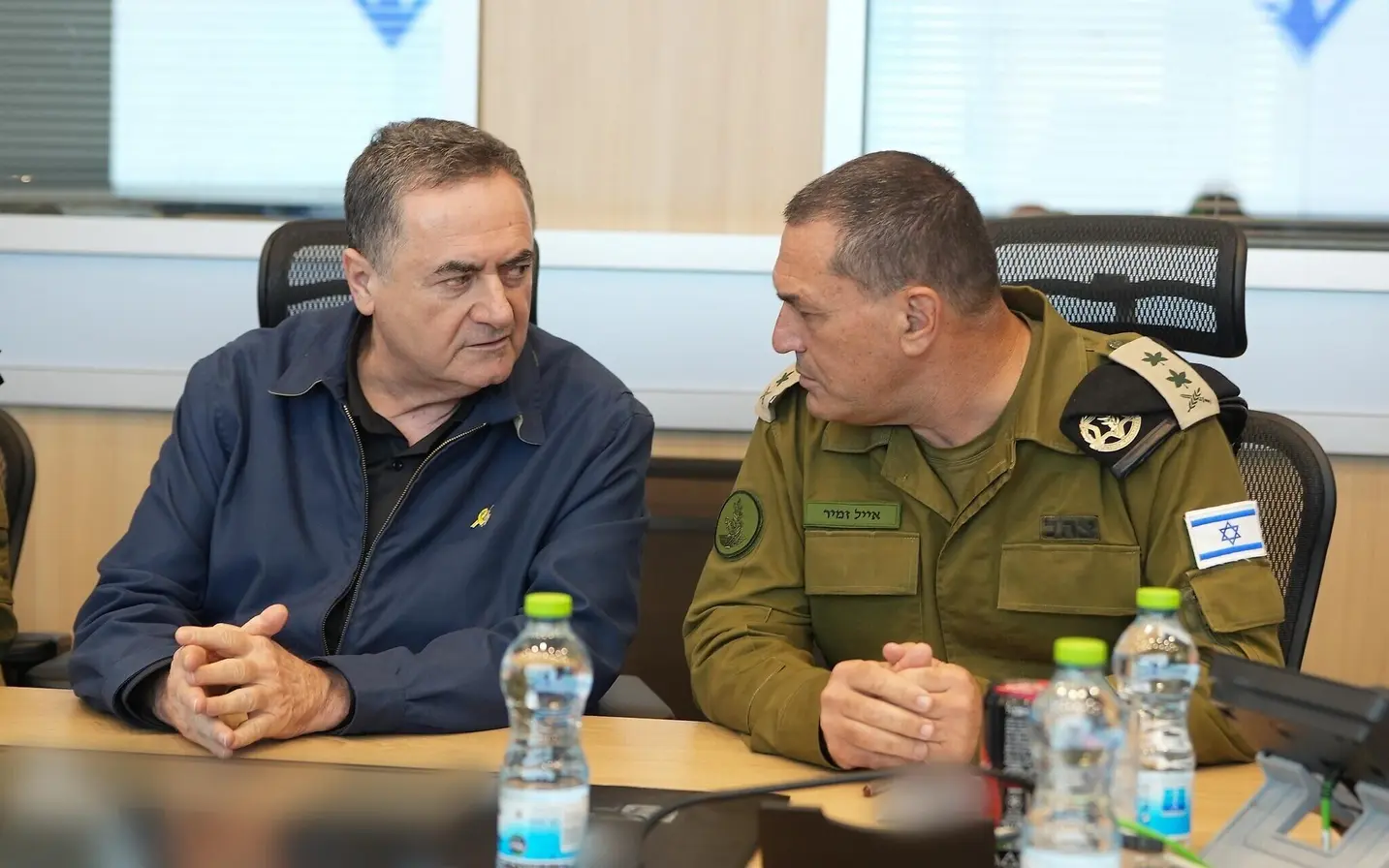
Katz supports IDF Chief after backlash from PM's son
